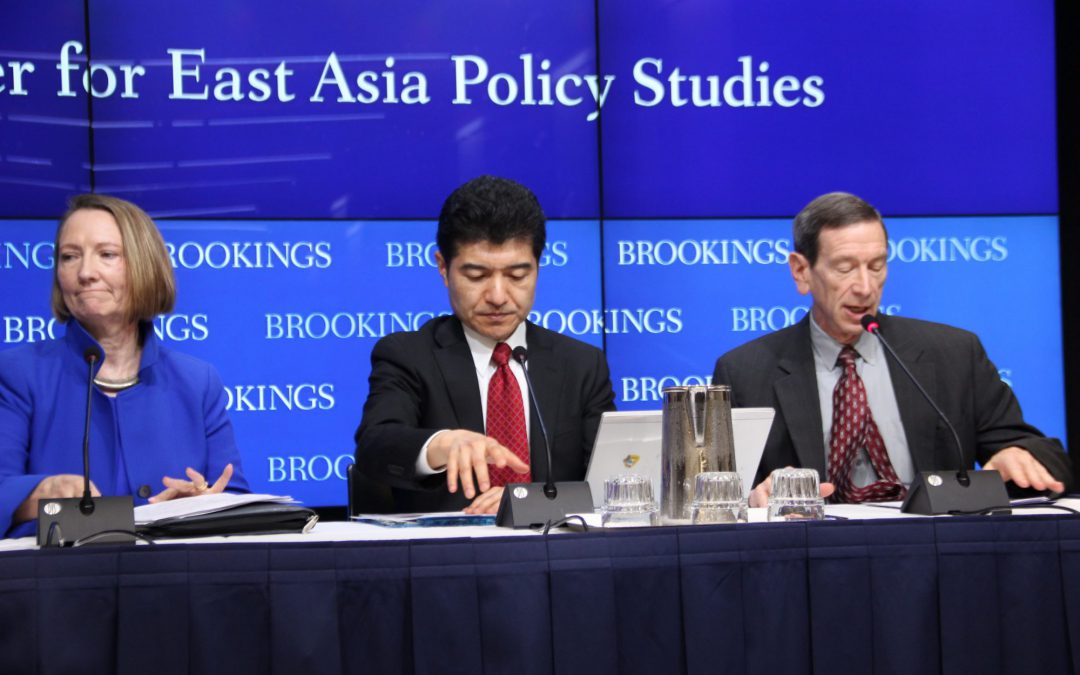WASHINGTON — China may prove the key to defusing the North Korea crisis, according to experts, but it might not be ready to take action if that action would either destabilize the region or give the U.S. more power in the region.
Experts say China is playing a balancing act. They don’t want to lose leverage over South Korea, which is relying on China to control North Korea. They don’t want to anger the U.S., because the U.S. and China are heavily entangled in trade. But they also don’t want to pressure the Kim regime too much, which could catalyze a conflict that destabilizes the entire region, threatening China’s own efforts to grow its sphere of influence.
China has long used North Korea as a buffer state. The rogue state is a key piece in what China sees as a constellation of influence. The existence of North Korea in this array ensures that the U.S. stays at least an arms length away from China’s borders, which allows China to grow its geopolitical power without too much scrutiny.
The real test for President Donald Trump will be whether he can get the Chinese to put more pressure on North Korea to back down, according to national security expert Jamie Fly. Trump says he has “great chemistry” with President Xi Jinping of China. But last year he complained in a tweet that trade between China and North Korea had grown by 40% in the first quarter. “So much for China working with us—but we had to give it a try!” he wrote.
For China, the state of affairs may not be perfect, but it’s better than most alternatives.
“Although they don’t like a reckless, unpredictable North Korean regime, I think many Chinese strategists believe that the current status quo is better for them than some other potential outcomes, one of which would put American forces right on their doorstep,” said Jamie Fly, who worked for the National Security Council under the Bush administration and is currently a senior fellow at the German Marshall Fund.
The only pressure point North Korea has over its “archenemy,” South Korea, is its nuclear capabilities, Narushige Michishita, a professor at the National Graduate Institute for Policy in Tokyo, said.
This is where the U.S. comes in: The U.S. keeps South Korea under its security umbrella to combat the North Korean nuclear threat. This both halts proliferation of nuclear weapons and makes the U.S. enemies with North Korea. The role of the U.S. as defender of South Korea makes China worry that the U.S. would be in prime position to pick up the pieces when the dust settles after a potential conflict on the peninsula, putting a major strategic competitor right on its border.
“We’ve seen some actions [China] has taken, closing off certain trade routes, limiting certain types of trade between China and North Korea,” Fly said. “But there’s also a lot of evidence that they’re continuing to play their old games of acting like they’re cooperating, but in reality they continue to illicitly trade with the North Koreans.”
Still, some experts say China’s stated efforts to subdue North Korea are a move in the right direction.
“Good news is that China is putting pressure [on North Korea],” Michishita said. “Not to the extent that would make North Korea collapse, but to the extent that would make North Korea feel pretty bad pain.”


